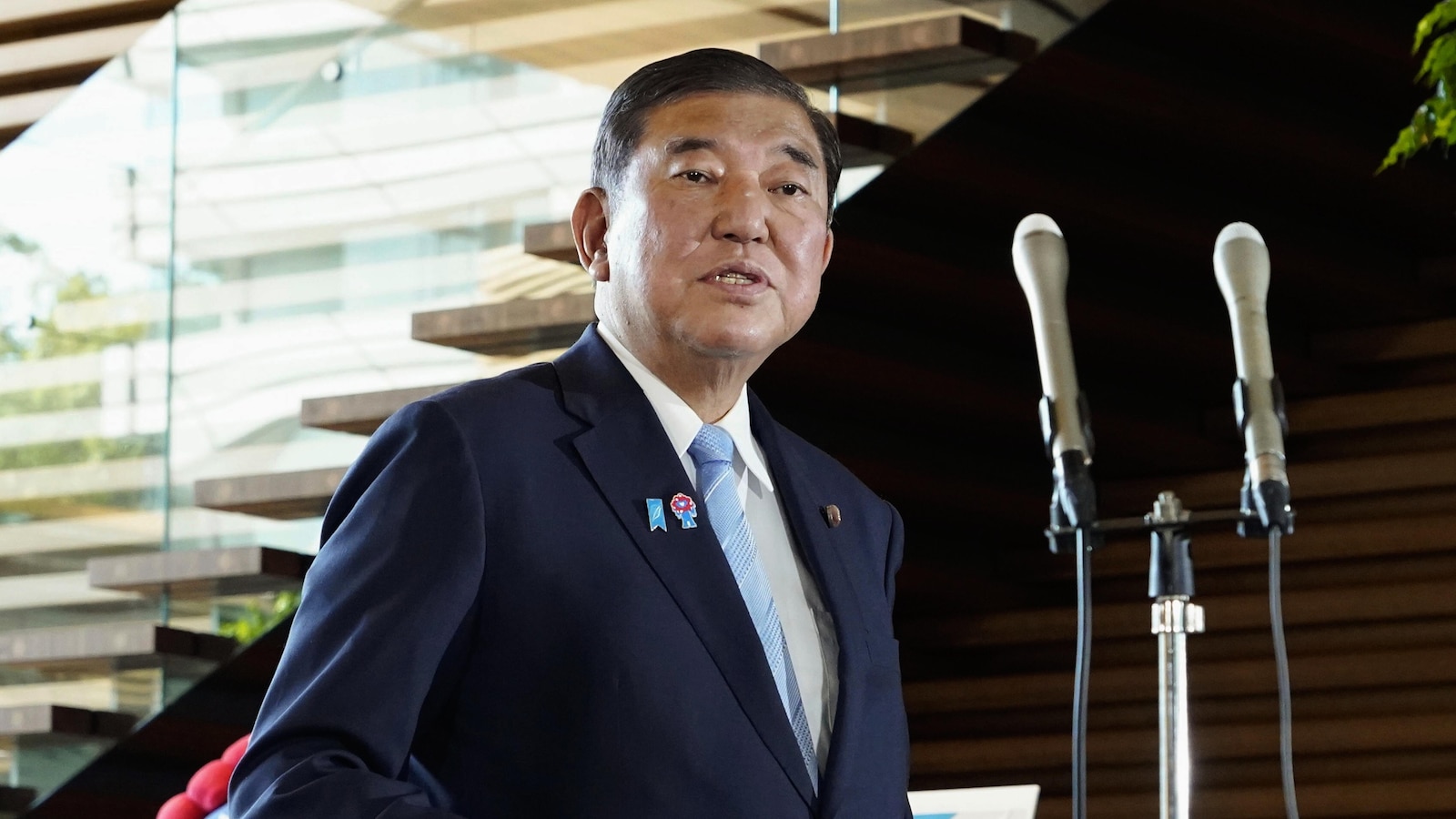ARTICLE AD BOX
Using excuses such as “reputational risk” can no longer be a reason for banks to reject a customer or expel a current client, under an executive order President Trump inked on Thursday.
He ordered regulators and banks to stop shuttering accounts for politically biased reasons, which is known as debanking and is something Mr. Trump and his family experienced personally.
According to the order, federal banking regulators must eliminate reputational risk and equivalent concepts from guidance and examination manuals.
The Small Business Administration will also require financial institutions to reinstate customers who were denied services because of past debanking policies.
The order directs federal banking regulators to review supervisory and complaint data for instances of unlawful debanking based on religion.
These particular cases can be referred to the office of the attorney general. Fines may be considered along with consent decrees and other remedial actions for financial institutions involved in debanking.
Finally, the order requires the Treasury secretary to create a strategy to prevent debanking activities, including legislative and regulatory action.
In 2013, President Obama’s Justice Department allowed regulators to order banks to close accounts for “reputational risk” and instructed regulators to handle “negative public opinion” of account holders the same as a serious financial risk.
Businesses and individuals, including firearm shops, gun manufacturers and Jan. 6 defendants, had their accounts shuttered.
On Thursday, National Rifle Association leadership applauded Mr. Trump’s move.
“President Trump is right to take action against banks who’ve weaponized their position for political purposes,” said John Commerford, executive director of the NRA Institute for Legislative Action. “Among others, Second Amendment advocates, gun manufacturers and retailers have been wrongfully targeted by banks, often operating under pressure from woke politicians and unelected special interest groups.”
Mr. Trump this week said two American banks refused to accept him as a customer after his first term as president, when he was being targeted by state and federal prosecutors.
Mr. Trump said JPMorgan Chase told him he had 20 days to move “hundreds of millions of dollars in cash” to another bank. He said he went to Bank of America but was told he couldn’t set up an account to “deposit a billion dollars plus.”
“[Bank of America CEO Brian Moynihan] said, ’We can’t do it,’” Mr. Trump said on CNBC. “So I went to another one, another one, another one. I ended up going to small banks all over the place. I mean, I was putting $10 million here, $10 million there.”
He added, “The banks discriminated against me very badly, and I was very good to the banks.”
Neither Bank of America nor JPMorgan Chase responded to a request for comment.
Others in the Trump family were also shunned by financial institutions.
Lara Trump, in an interview for the book Lawless Lawfare, said the family had a difficult time getting a mortgage during her father-in-law’s legal battles ahead of the 2024 election.
Donald Trump Jr., the president’s oldest son, said insurance agencies had dropped the family.
“The debanking, the de-insurance, the de-everything. It was rough,” he told The Washington Times’ Alex Swoyer on his podcast “Triggered.”

 8 hours ago
10
8 hours ago
10








 English (US) ·
English (US) ·